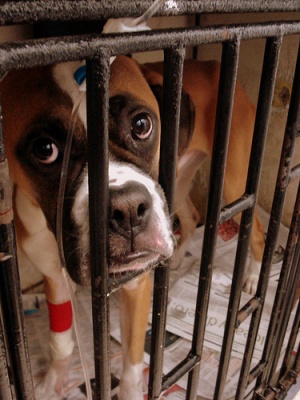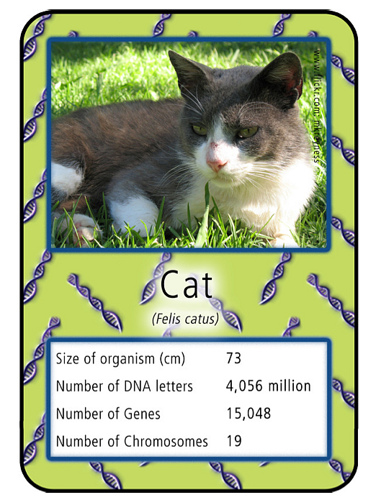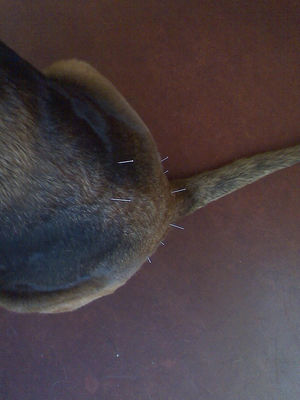
As pet parents, we are sometimes asked to make life-altering decisions for our furpals.
These days, cancer is affecting more and more of our pets. Fortunately there are a variety of treatments available to provide our pets with longer, quality lives.
Most types of cancer can metastasize to other parts of the body from the primary tumor. Chemotherapy is often recommended after other treatments – radiation to shrink the tumor and/or surgery to remove most or all of the cancer.
As pet people, we don’t take the decision of how to proceed with treatment for our pets lightly. There are a number of factors that can influence our decisions. Some considerations are if a pet has a pre-existing disease unrelated to the cancer, the age of the pet, how stressful treatment would be, availability of treatment where we are located and of course, our financial situation. Treatment is costly and not everyone has access to funds or financial aid.
One feature of chemotherapy that should not enter into the decision is side effects of chemo. Although in most cases the same drugs are used as for human cancers, the doses are tailored according to the size and condition of the pet. Most pets experience little or none of the side effects attributed to chemo such as nausea, hair loss, lethargy.
You know your pet best. Discuss with your vet, oncologist, surgeon all the options possible so that you can make an informed decision.
Those of us who have gone through this heart-wrenching experience know that there are no wrong decisions. We do what is best for our pets with the information we are given. We do the best we can out of our deep love for our furpals which is returned a thousandfold and more.
Related Articles



